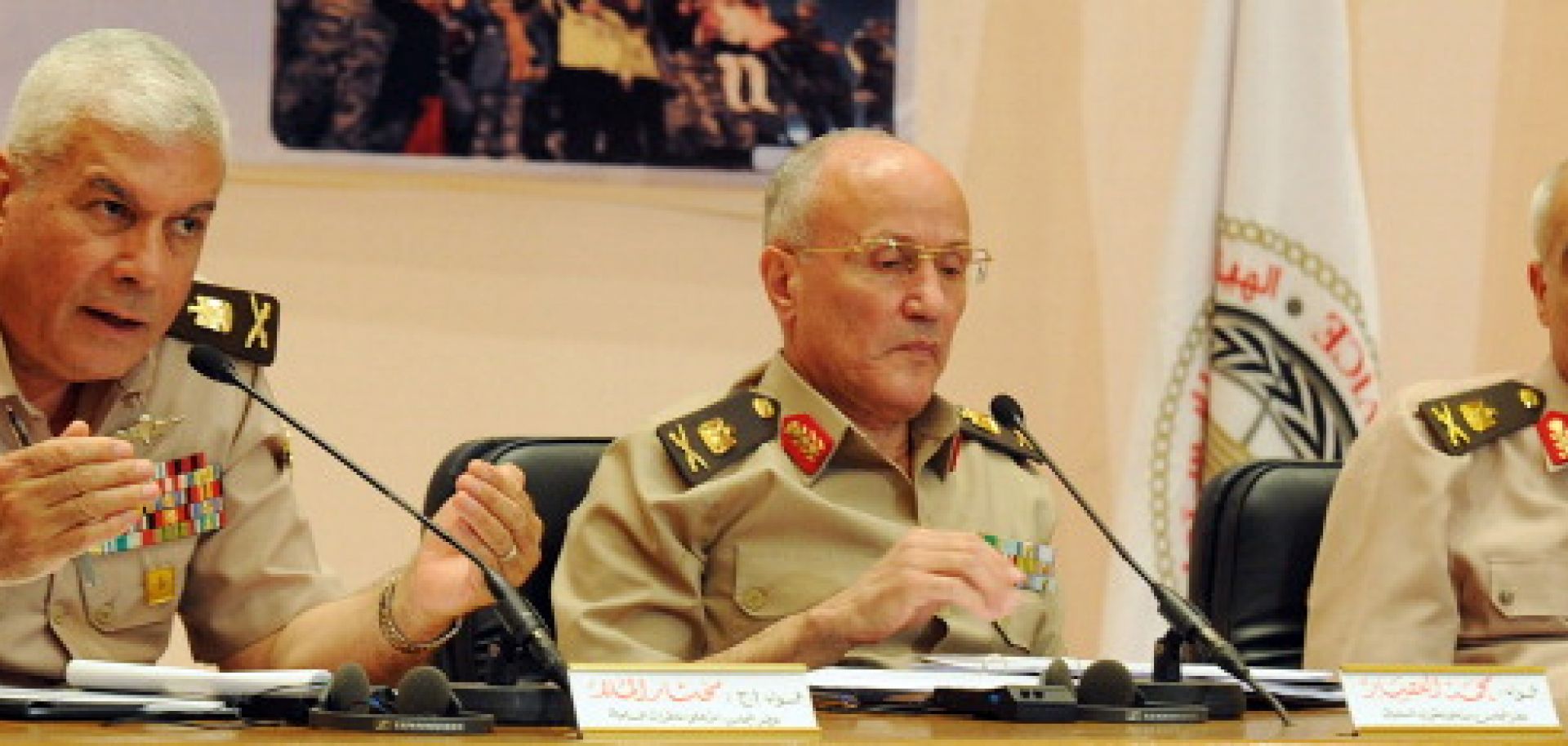ASSESSMENTS
Egypt: Securing Power After the Presidential Election
Jun 27, 2012 | 17:44 GMT

-/AFP/GettyImages
Summary
Mohammed Morsi, who was declared Egypt's new president June 24, already has made several interesting moves. He resigned from the Muslim Brotherhood (MB) and stepped down as the leader of the MB's political arm, the Freedom and Justice Party. Notably, his resignations are nominal, not functional. He is also expected to appoint a Copt and a woman as his two vice presidents. Most important, the MB is in power-sharing negotiations with the Supreme Council of the Armed Forces (SCAF).
Given the military's dominance in Egypt's evolving political system, the MB will try to consolidate its power in the executive branch of government before gradually building its influence in the other branches — similar to the tactic by which Turkey's ruling Justice and Development Party (AKP) grew in stature. For its part, the SCAF is cognizant of how the AKP's rise eroded the Turkish military's power, and it will use a model akin to the one used by Pakistan to keep the civilian forces weak, divided and at odds with one another.
Subscribe Now
SubscribeAlready have an account?
